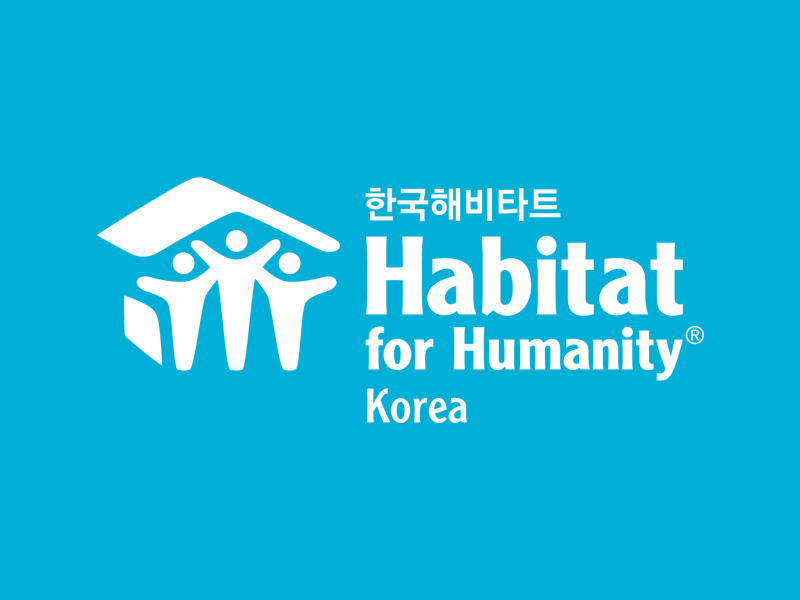Disaster response
Habitat Korea offers emergency shelters to those who are affected by disaster.Hay Home (Emergency Disaster response project)
“Hay Home” is another name for Habitat mobile home. Habitat Korea’s Hay home offers disaster victims emergency shelters where they could rebuild their lives. Furthermore, these homes could be used to house those in need of affordable shelters in the future.
6 main principles
-
01
Distribution of homes must be based on urgency
-
02
All process must be non-discriminatory
-
03
All process must be inclusive
-
04
All related parties must be able to maintain dignity
-
05
All process must be politically, economically, and diplomatically neutral and independent
-
06
Housing must be considered as a part of Human Rights
Types of Hay Home
[Mobile Home]
1) Small-scale one-room house, aiming at the long-term residence
2) Designed as a modular building, production and installation are managed systemically
3) It replaces new house construction and house repair
[Mobile hut]
1) Small-scale one-room house, but aiming at the short-term residence
2) Easier to obtain government permit for installation
3) Works as emergency shelters
Activities & management
Habitat Korea’s emergency disaster response activities works in the following order: fundraising and project planning; signing MOU with relevant organisations; confirmation of the project; project implementation; monitoring and evaluation; report.
Habitat Korea pays attention to details for health and safety and financial soundness of all related parties.
Habitat Korea manages project according to the Habitat for Humanity International Emergency Response Guideline, and when conducting emergency response in a third country Habitat Korea works closely with both Habitat for Humanity International office and the local Habitat office.



COVID-19 emergency aid
The world is suffering from COVID-19 pandemic at the scale not seen in decades, causing economic, cultural, and social changes.
While we all are battling against the virus, our neighbours, marginalised and invisible to the public safety net, are suffering the most. In face of economic downturn and lack of child support caused by the pandemic, they are exposed to the risk of contracting diseases, failing in education, and falling into extreme poverty. In response, Habitat Korea delivered COVID-19 emergency aid kits, consisting of daily supplies and hygiene supplies.




